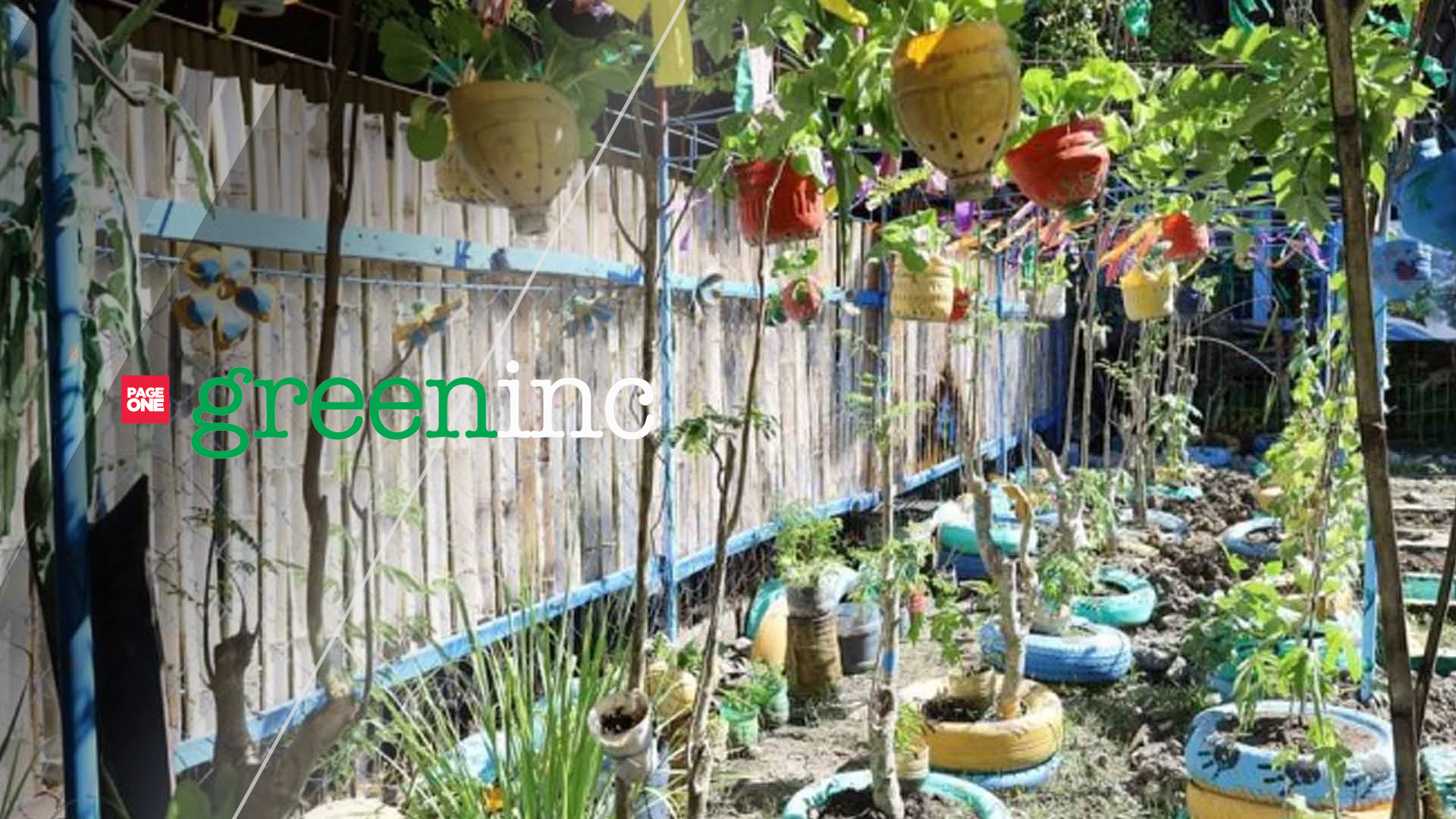Urban gardening can help mitigate the impact of the El Niño phenomenon, which is expected to peak towards the last quarter of this year.
Urban gardening usually makes use of recycled containers, pots, roof decks, and smaller areas not requiring huge volumes of water because of limited space unlike in bigger farms where sustaining their water needs is difficult.
High-Value Crops Development Program and National Urban and Peri-Urban Agriculture Program (NUPAP) regional coordinator Jonifer Frades said they can just use household water waste for their gardens, including those in the laundry found to be effective against pests.
“We can mitigate the effect of El Niño with that kind of vegetable production,” he said in an interview on Tuesday.
Frades said NUPAP has been campaigning for urban gardening that would ensure a sustainable supply of vegetables.
The program was an offshoot of the health pandemic when movement restrictions prevented the transport of vegetable products from rural to urban areas, Frades said.
“The purpose is to produce leafy vegetables that can be planted in smaller spaces for home consumption not necessarily for commercial purposes,” he added.
The Department of Agriculture provides seeds, organic fertilizers, and training to interested farmers and households through their local government unit.
For groups or associations, they provide greenhouses with hydroponics that will allow them to plant vegetables even without soil.
“Our procurement is now ongoing with the support of our local government units we can already provide seeds and fertilizers maybe this coming June and July,” he added.
Meanwhile, the ‘Gulayan sa Nabitasan,” a community garden at the Nabitasan Elementary School in Iloilo City, has been named one of the top national finalists for the Best Urban Farm 2023 Award by the NUPAP.
Frades said the community garden has already undergone a validation and the result would be released anytime this month as part of the celebration of Farmers’ and Fisherfolk’s Month. (PNA)







